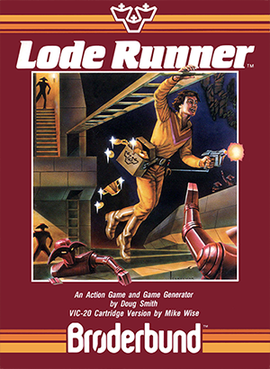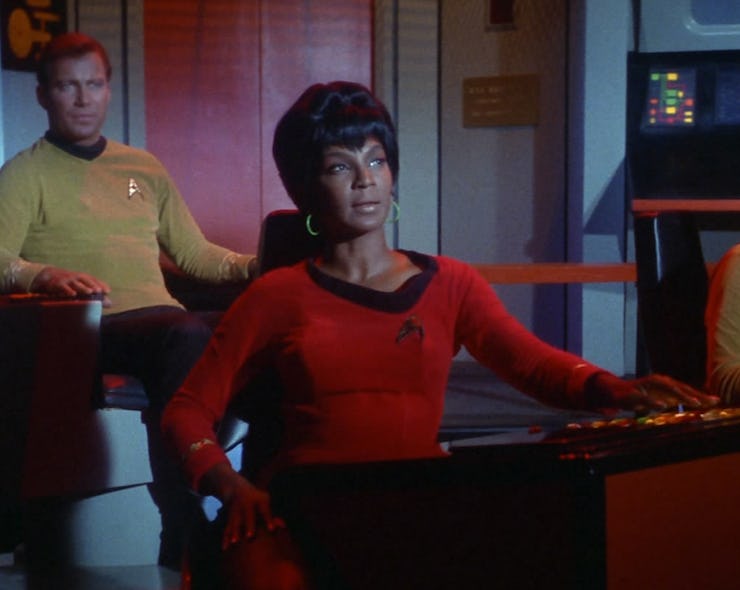Jesus Jones, a British alternative rock band formed in 1988, became known for their innovative fusion of rock and electronic music. Their second album, “Doubt” (1991), featuring the hit single “Right Here, Right Now,” propelled them to international fame. Despite a decline in mainstream popularity in the mid-1990s, they continued to release music and influence the alternative rock genre. Recently, they’ve enjoyed a resurgence, continuing to tour and release new music, including their 2018 album “Passages.” Their legacy endures through their innovative sound and energetic performances, connecting with both long-time fans and new audiences.
Babylon 5: The Relationship Between the Minbari and Humans
In “Babylon 5,” the relationship between the Minbari and Humans evolves from hostility during the Earth-Minbari War to a complex alliance characterized by mutual respect and cooperation. This transformation is driven by key characters like Delenn and John Sheridan, who work to bridge cultural differences and foster peace. Their evolving relationship highlights the series’ themes of redemption and unity, ultimately contributing to the formation of the Interstellar Alliance aimed at promoting interspecies collaboration.
Lode Runner: A Classic in Video Gaming History
Lode Runner, a classic video game first released in 1983, is renowned for its innovative blend of puzzle and platform gameplay, where players strategically navigate levels to collect gold and avoid enemies. Its unique digging mechanic and the inclusion of a pioneering level editor for user-generated content significantly boosted its replayability and fostered a creative community. The game’s success and influence have endured over the years, inspiring future games and remaining a beloved title through re-releases and modern adaptations like Lode Runner Legacy.
Nichelle Nichols’s Role as Uhura in Star Trek’s “Balance of Terror”
Nichelle Nichols’s performance as Lieutenant Uhura on “Star Trek” was particularly significant in the episode “Balance of Terror,” where she steps into the navigator’s seat, showcasing her versatility and competence. This role defied 1960s stereotypes by presenting an African American woman in a position of technical authority, inspiring future generations and underscoring the show’s message of inclusivity and equality.
Exploring the Quirky Charm of the 70s Sci-Fi Sitcom Quark
In the landscape of 1970s television, few shows dared to blend the genres of science […]
Clint Mansell: The Maestro of Modern Film Scores
Clint Mansell has established himself as one of contemporary cinema’s most innovative and influential composers. […]
Satan’s Hollow: Revisiting the 80s Arcade Classic
The 1980s was a golden era for video games, with arcades bustling with enthusiasts eager […]
Why was Johnny Ramone so awesome?
Johnny Ramone, born John William Cummings, is considered a legendary figure in punk rock for […]
The Damned: Pioneers of Punk and Gothic Rock
The Damned are a seminal band in the history of punk rock and gothic rock, […]
In Star Wars, were the rebels the bad guys?
The portrayal of the Rebel Alliance in “Star Wars” as the good guys and the […]




